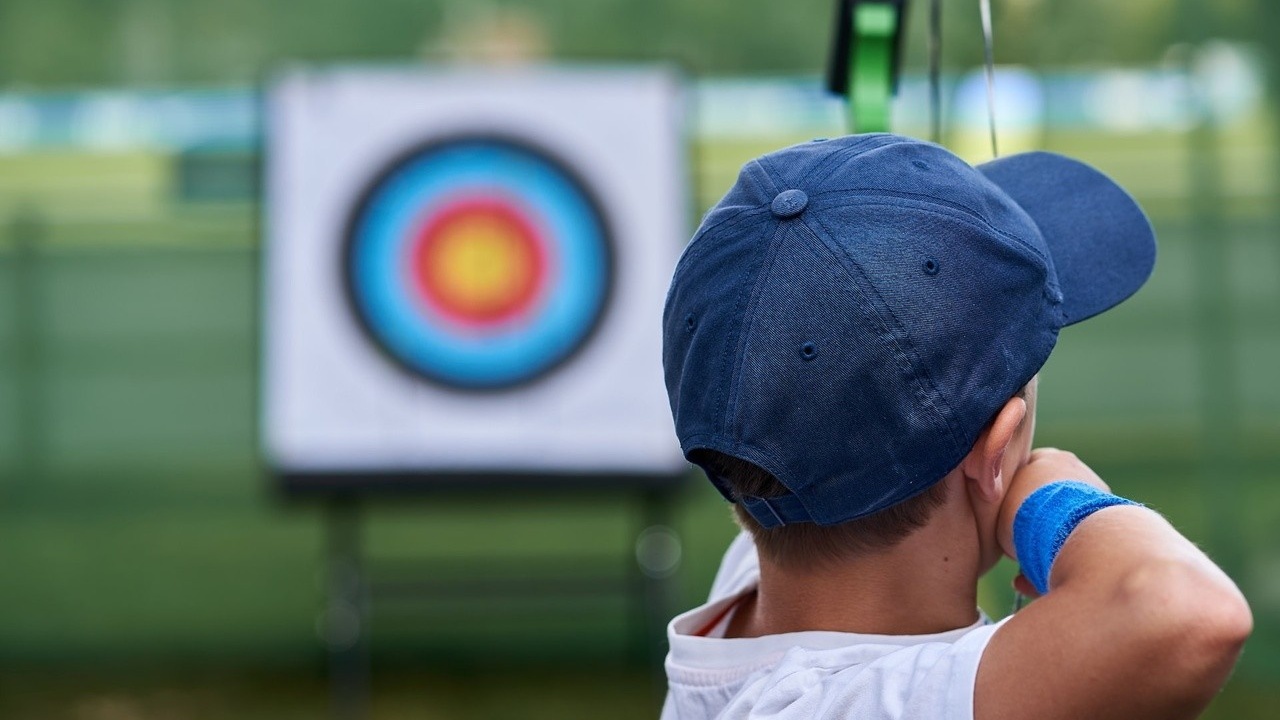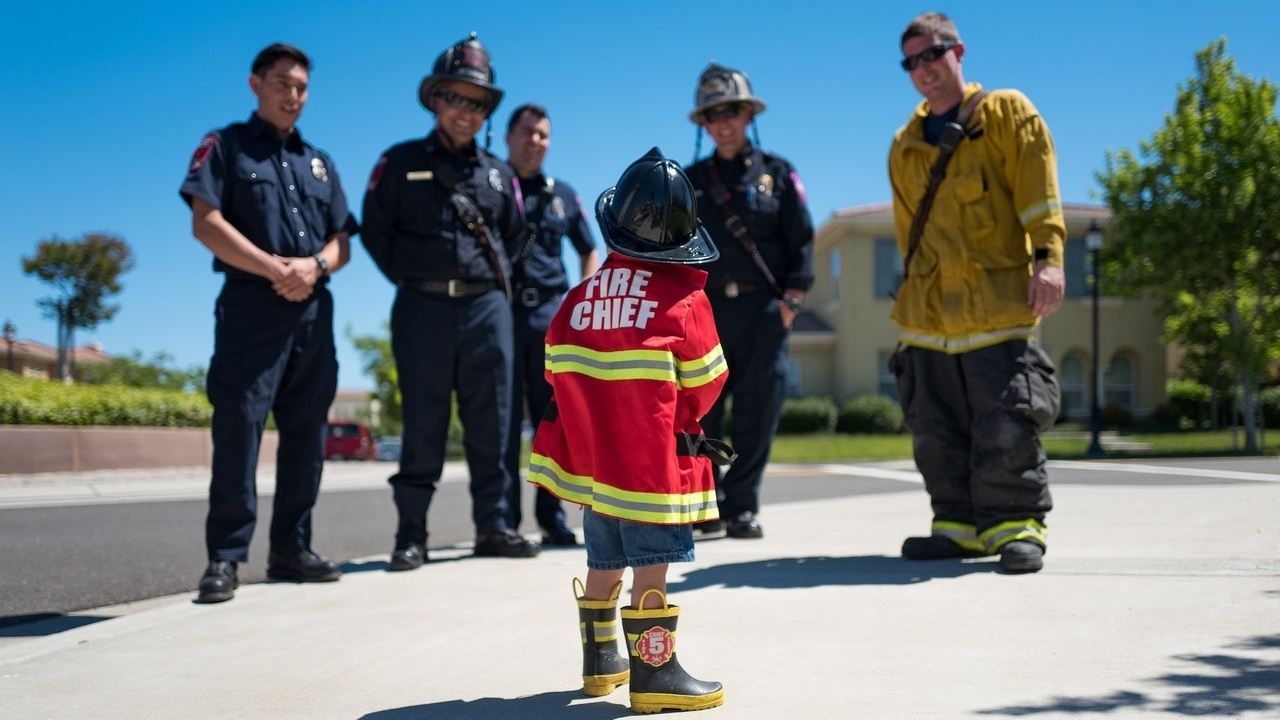Tuesday is for Therapists: Biweekly Essays
A reader pointed out that I have been using Carl Rogers’ concept of “accurate empathy” differently from Rogers, himself, and that has caused some confusion. I’m glad for a chance to clarify, but even more important this issue sheds light on the transformative experience of moving from therapy as ...
We all know that when clients show emotion in their sessions we are on the right track. We also know that purely intellectual interpretation or reframing is not effective. But the pipeline between client and therapist and between consciousness and the limbic system bears a harder look. It is comp...
|
The key to undoing psychotherapy’s divisiveness and silos is understanding the healing moment at the core of every therapy. You could call it a “moment of meeting” or an “ah-hah” moment, or a successful exposure session. What our field doesn’t know yet is how they are all the same. I’ve talked be...
This post is about difficulty clinicians have with researchers and vice versa.
- An important but little recognized cause of divisiveness arises from contrasting standards of evidence and proof.
- The conscience, including its standards, does not stop forming at age 5. Internalized values are cen...
Summer is a time when toddlers warm one’s heart as they scale steps, run away from parents, and insist on what they want, period! Will and motivation are the same, and they start very young. Like lambs who get to their feet within minutes of brith, if we didn’t have strong will, we would not exis...
A reader asked if I could help “de-confuse” Internal Family Systems therapy. Doing so is very much part of the mission of these posts. IFS therapy, like most "branded" therapies, has developed its own set of constructs, and its explanations are, as is usual, self referential. That biases towards ...
|
Dear readers,
You may not be aware that the writings in this blog are based on ideas that could be considered radical. I want to clear up any misunderstanding so you are know what you are getting into. I recently re-submitted a slightly softened version of our 2017 paper, "The Affect Avoidance Mod...
Psychiatry residents are required to learn three therapies, CBT, Psychodynamic therapy, and Supportive therapy. While the goal is to gain a broad knowledge, incompatibility among these therapies leads to a lot of confusion. It doesn’t have to be that way because they do the same things in different ...
|














